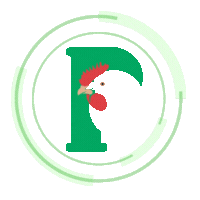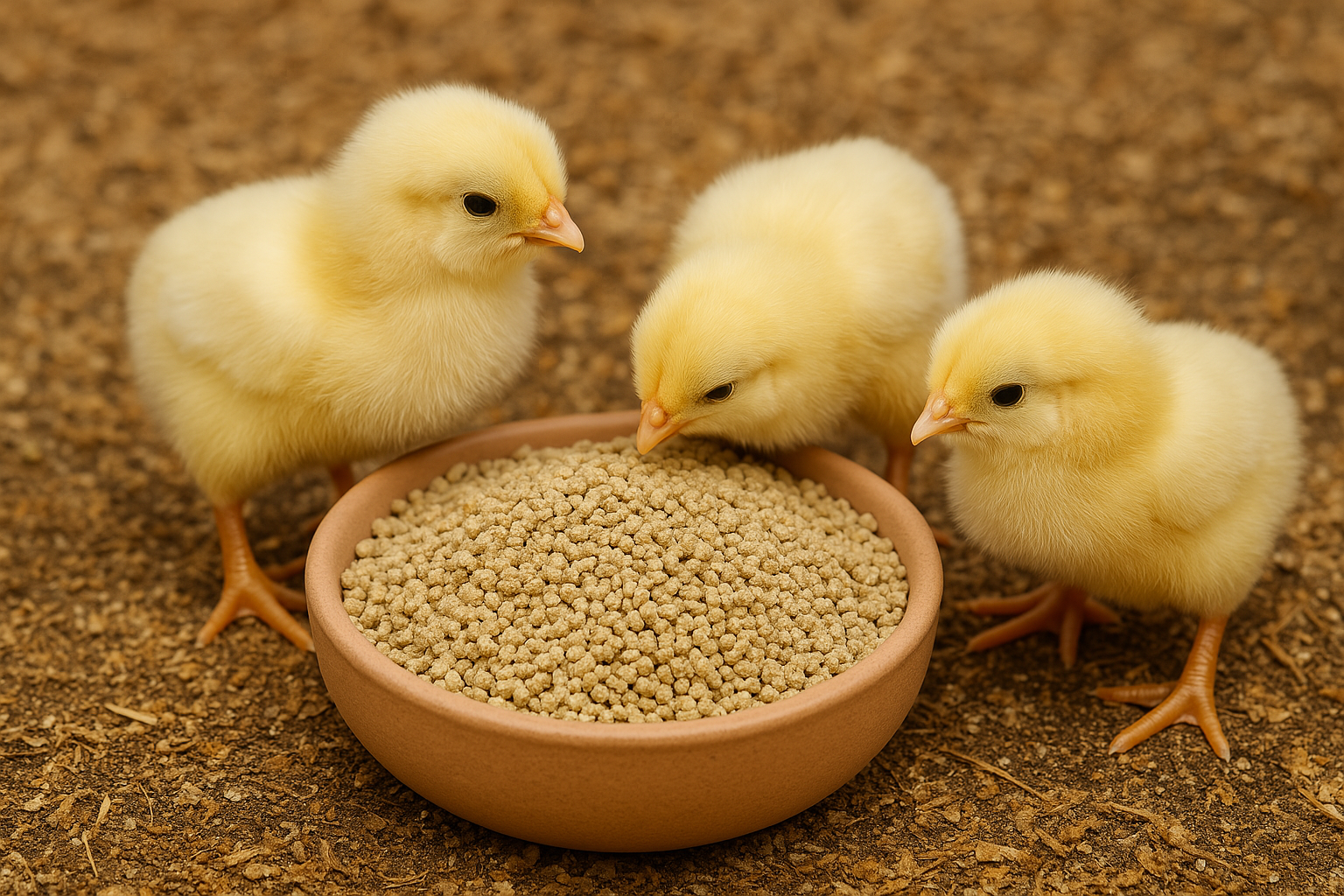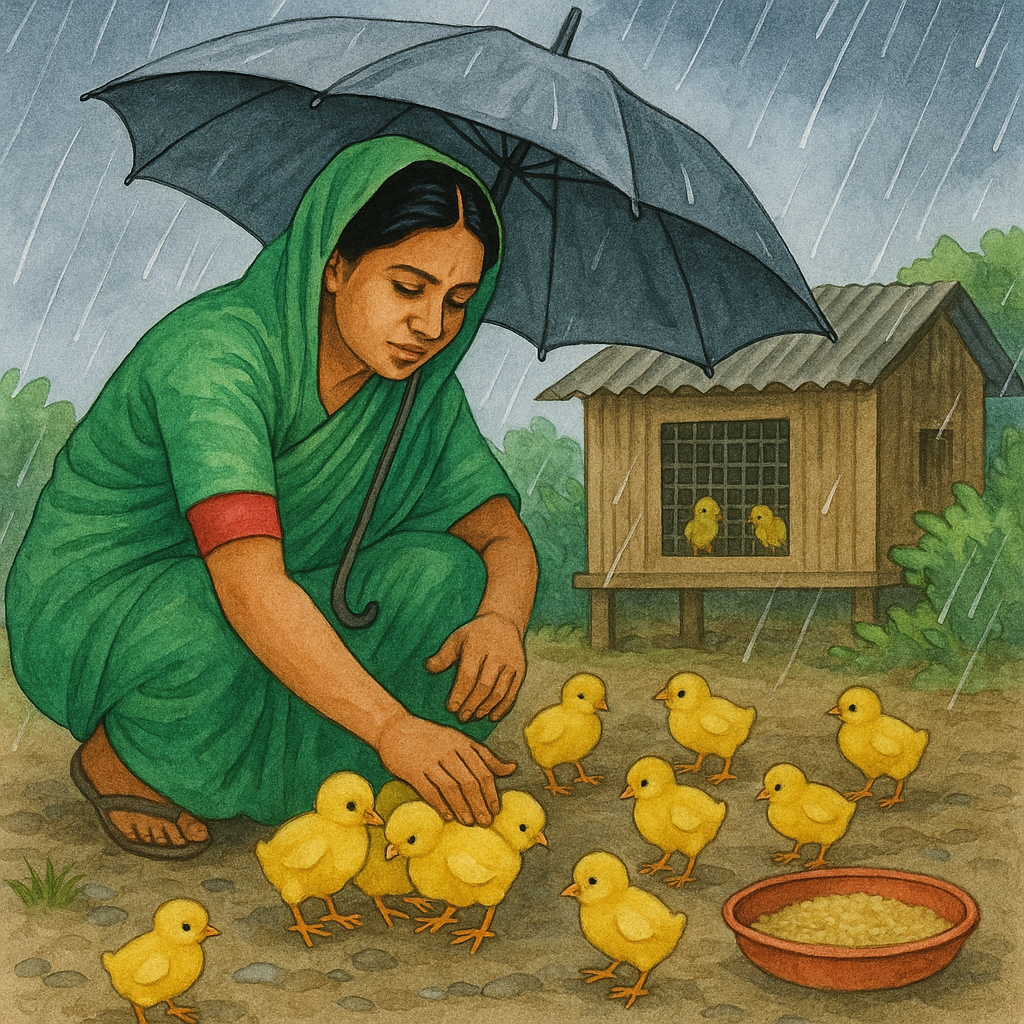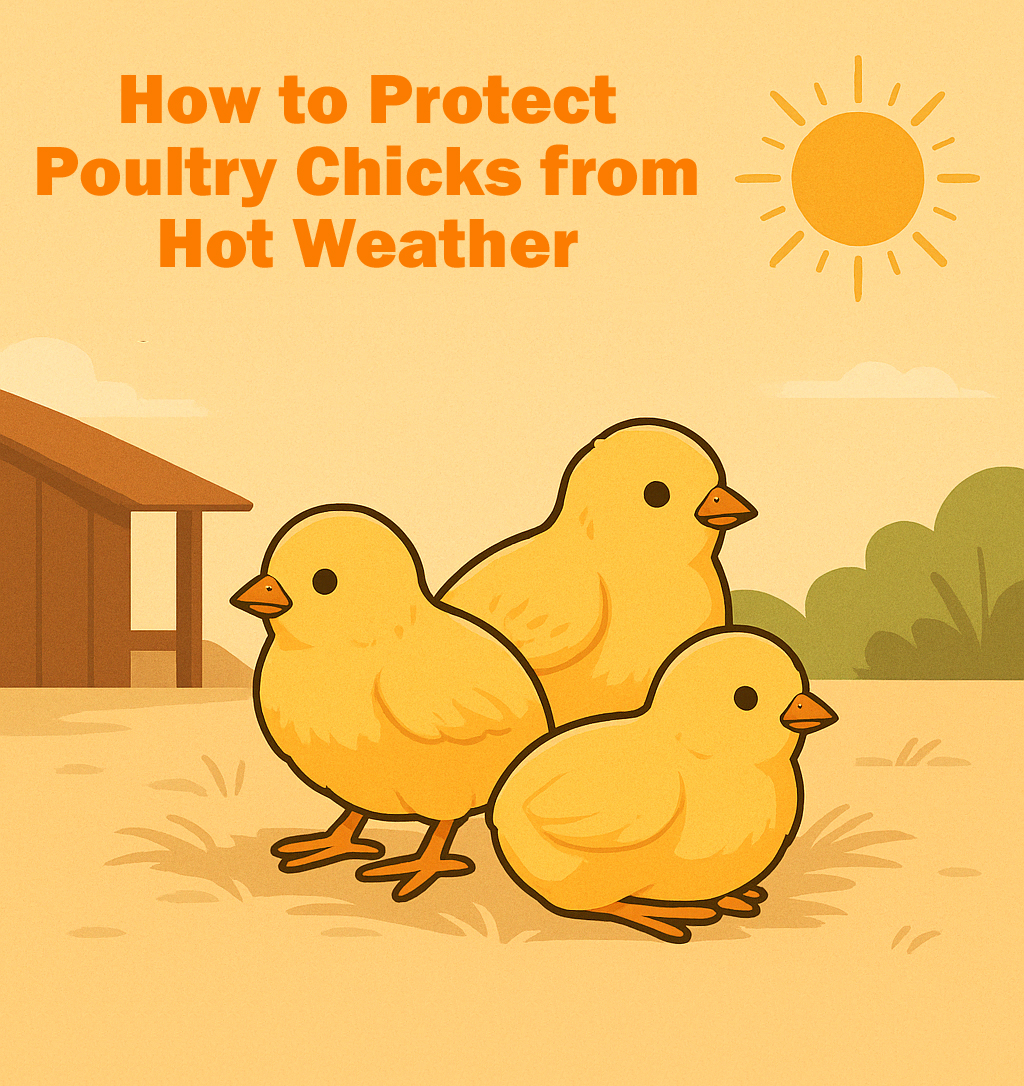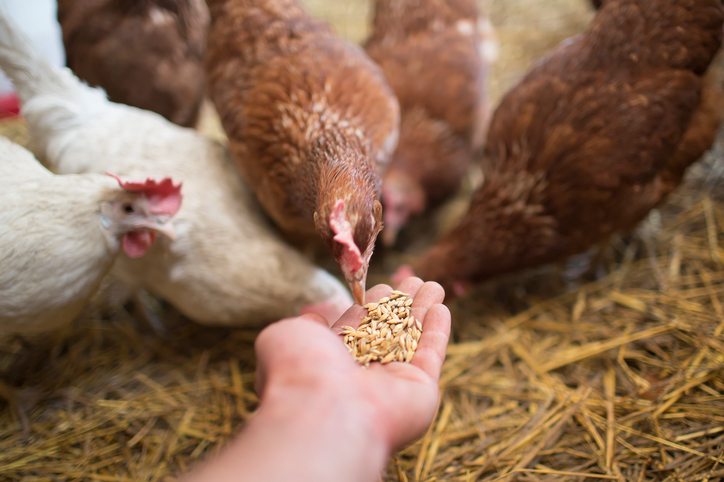The Essential Guide to Poultry Feed: What Your Birds Really Need
The Essential Guide to Poultry Feed: What Your Birds Need
Whether you're raising chickens for eggs, meat, or as part of a hobby farm, one thing remains constant — proper nutrition is the foundation of healthy poultry. Choosing the right poultry feed can make a world of difference in bird health, productivity, and growth. Let’s break down what goes into poultry feed and why it matters.
What Is Poultry Feed?
Poultry feed is the food given to domestic birds like chickens, ducks, turkeys, and quail. It's carefully formulated to meet the birds’ nutritional needs at different stages of their life. A well-balanced feed contains protein, carbohydrates, fats, vitamins, minerals, and water — all vital for proper growth and production.
Types of Poultry Feed
-
Starter Feed
Designed for chicks from day one to about six weeks. It’s high in protein (usually 20-24%) to support rapid growth. -
Grower Feed
Given to growing birds from 6 to 20 weeks old. It has slightly less protein (around 16-18%) and supports steady development. -
Layer Feed
For hens that are laying eggs. This feed contains added calcium to support eggshell formation and balanced nutrients for egg production. -
Finisher Feed
Used for meat birds like broilers nearing market weight. It promotes muscle growth and weight gain. -
Medicated vs. Non-Medicated
Medicated feeds contain additives to prevent diseases like coccidiosis in young chicks. Choose based on your flock's needs and vaccination status.Common Ingredients in Poultry Feed
-
Grains (corn, wheat, barley) – Main energy source.
-
Soybean meal – A rich protein source.
-
Limestone or oyster shell – For calcium, especially important for layers.
-
Vitamins & minerals – To support overall health and immunity.
-
Additives – May include probiotics, enzymes, or medication, depending on the purpose.
-
Tips for Choosing the Right Feed
-
Know your birds’ life stage – Chicks, growers, and layers all need different formulations.
-
Check for freshness – Old feed can lose nutrients or grow mold.
-
Store properly – Keep feed in a dry, cool, rodent-proof container.
-
Consider supplementation – Offer grit, oyster shells, or scratch grains if needed.
Fun Fact
Did you know hens need about 4 grams of calcium a day to produce strong eggshells? That’s why layer feed is packed with it — no chalky eggs allowed!
Final Thoughts
Poultry feed isn’t just food — it’s the key to healthy, productive birds. Whether you're raising a backyard flock or managing a larger operation, investing in the right nutrition pays off in better growth, stronger immunity, and more eggs or meat. A little knowledge goes a long way in keeping your flock happy and thriving.
